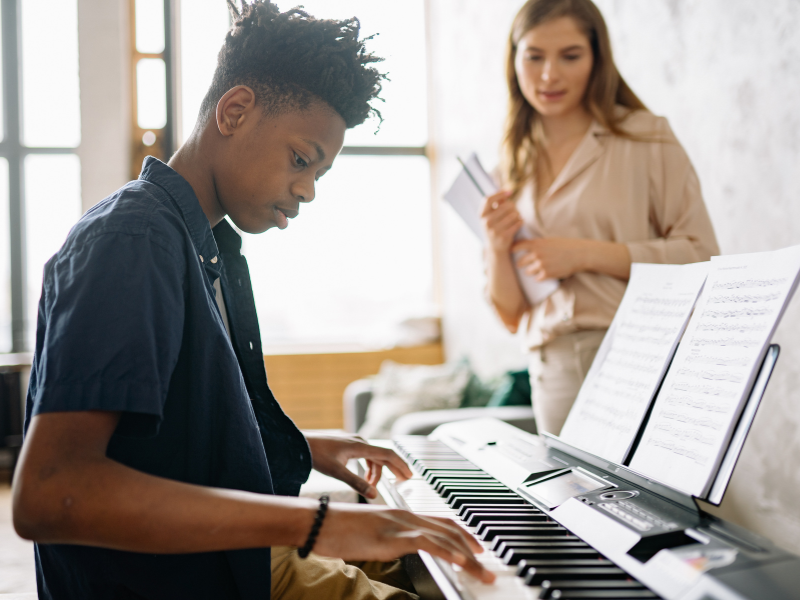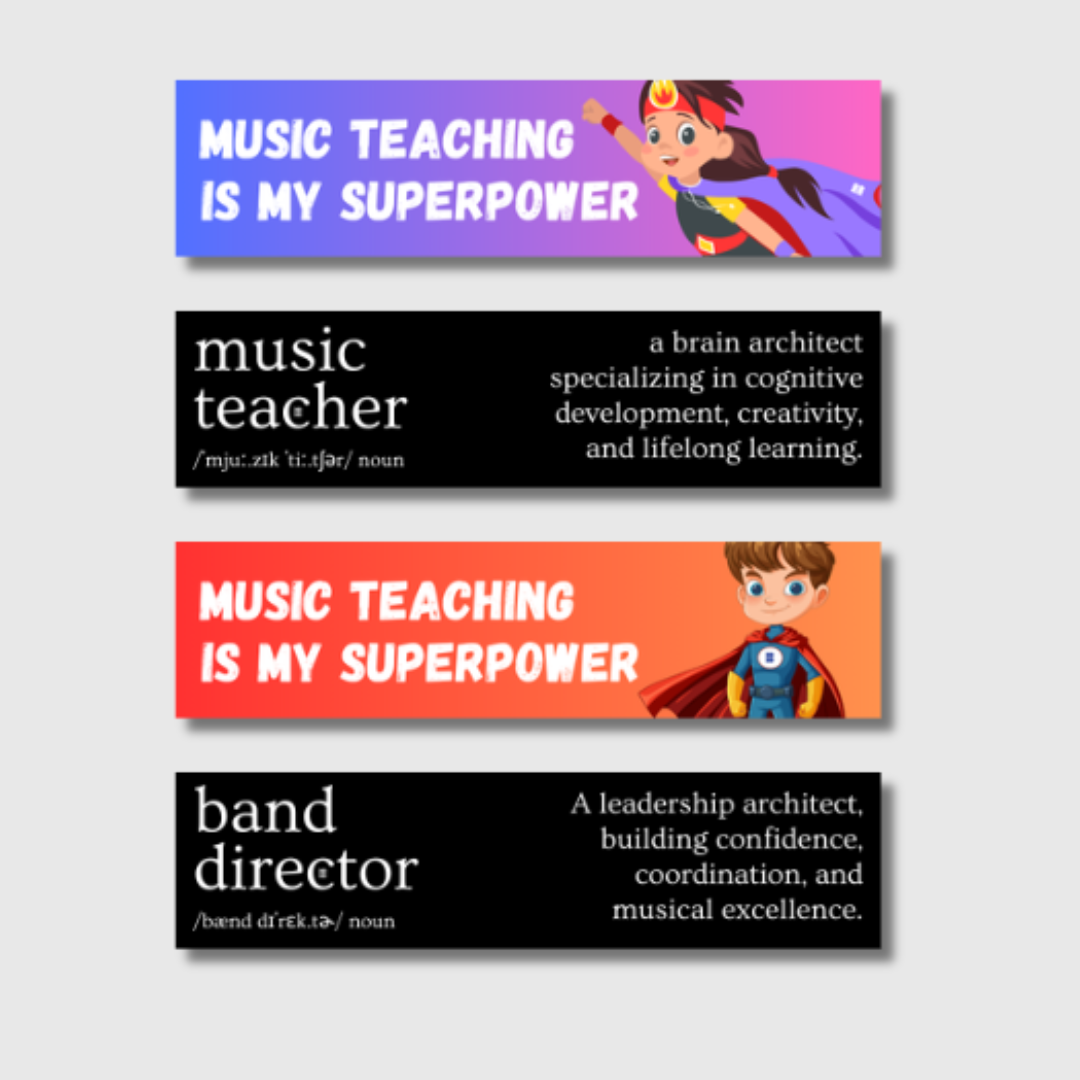
Research Updates

Here at Bigger Better Brains we believe that through educating yourself, you can then educate and affect positive change in your community.
With all of the research in the field of neuromusical science, our BBB Research section serves as a content hub for you. We regularly share findings and break down the latest research to educate and inspire discussion. We hope you enjoy this page on our website and share BBB news with your colleagues, parents and students.
Are musicians‘ brains wired differently?
Dr Psyche Loui is a psychologist, neuroscientist and musician who investigates how music can be used to understand the brain. She is a violinist and works to connect our understanding of the brain with the experience of being a music learner and performing musicians.
Here’s how to train your brain!
There is an interesting term in this article – experience-dependent plasticity. Here is a good plain language definition that also happens to include a musical reference.
Starting music at 6 years old supercharges the brain
Here is one of those research sentences that are so useful when we are explaining how music learning impacts on every child’s development.
A solution to stuck song syndrome!
Finally, that song that keeps playing on a loop inside our heads for no apparent reason has a name – stuck song syndrome!
Auditory processing may be different for girls and boys
Do men and women hear differently? Maybe. This report speaks on the lack of auditory processing differences at birth and in young children, but how differences may appear in adolescents as puberty changes our brains and bodies.
Music improvisation shuts down our inner (brain) critic
If we can shut down our inner critic when we improvise, does that mean we could transfer that idea across to other parts of our lives. And, what does that mean for classically trained musicians?
The heightened skills of musicians to pinpoint differences
If you are a musician, then you really do hear the world differently! This study looked at expectation and prediction, and if musical training had any influence on the differences we hear.
Can second language ability be predicted through music?
While musicality and working memory are mostly treated as clear predictors of foreign language learning ability, the relationship between brain morphology and language aptitude is far from obvious.
Teaching parents about music
There is now an enormous amount of research that has explored, measured, quantified and illuminated the benefits of music education on cognitive, emotional, social and physical development. Such is the quantity and quality of the research that it is now understood that music education benefits the development of the whole person like no other human activity.
How’s your fluid intelligence?
If you’re a musically trained person, your fluid intelligence is probably highly developed! But what is fluid intelligence?
A couple of reasons why every child should have access to music education
In this study, released by Florida International University, they found that group music classes affected overall competence, confidence, caring, character and connection.
Musical play is a must for preschoolers
What is musical play? Is it bashing on an upturned drum in the playground or banging pots and pans on the kitchen floor? Well, it can be both.





















